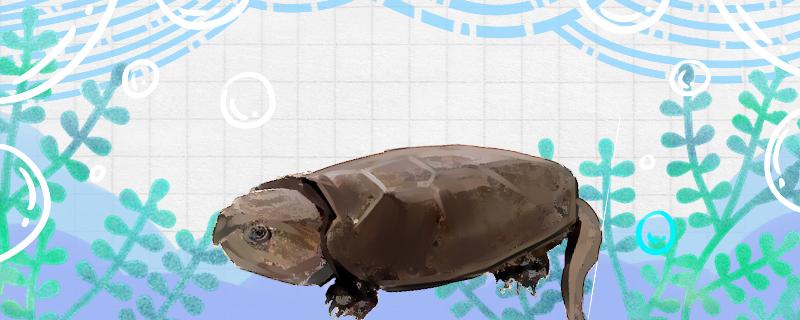 One, one kilogram of chickpeas have several years
One, one kilogram of chickpeas have several years One kilogram of chickpeas is about 5 years old, and their growth rate is relatively slow compared with other turtles, with an average of only about 100 grams a year, so it takes them about 5 years to grow to one kilogram. But they grow at different rates with different feeding methods. If they are properly raised or fed with a large amount of food containing hormones, they will grow faster, and it may not take 5 years to grow to a kilo.
2. How to raise chickpeas to grow bigger1. Environment: If you want chickpeas to grow bigger, you should prepare a spacious environment for them. A balcony and gentle slope can be built in the container, so that they can climb freely to the water surface. Moreover, breeders should plant some green plants in containers, which can better simulate the native environment and make them live more comfortably. At ordinary times, we should also pay attention to clean water quality, and it is best to clean up impurities in containers every day, so as to avoid deterioration of water quality.
2. Feeding: The size of chickpeas is also closely related to feeding. Breeders need to feed them more animal feed, so as to ensure adequate nutrition during their growth and development. The animal feed suitable for them to eat is small fish, shrimp, red worms, bread worms, emaciation, animal viscera and so on.